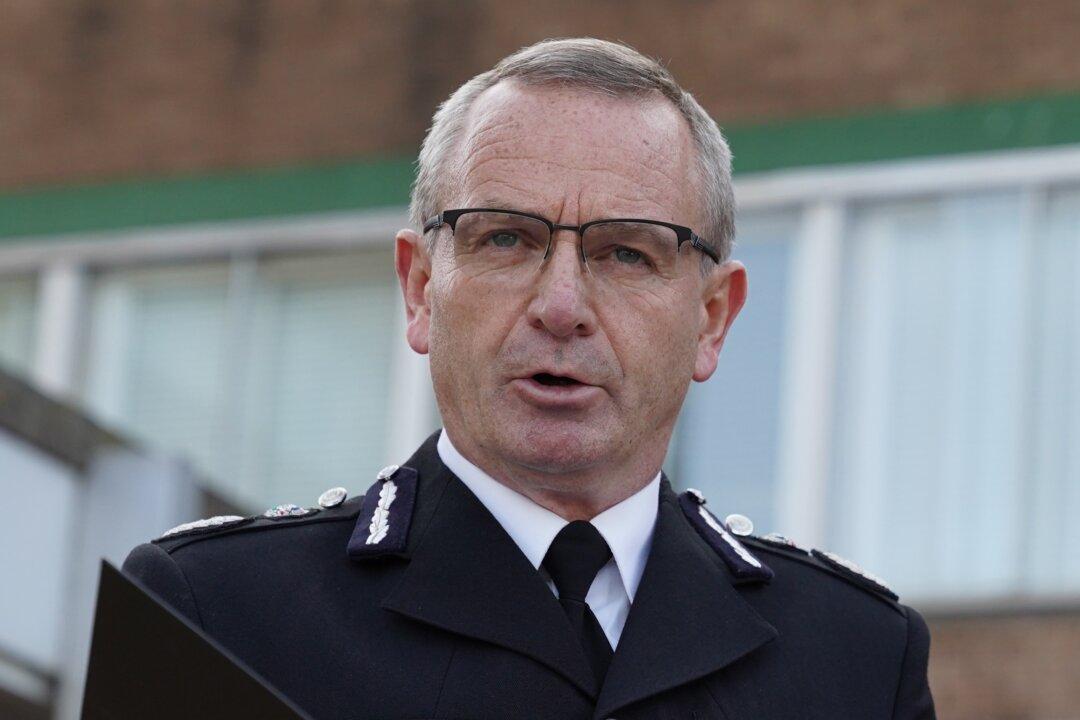The outgoing chief constable of Police Scotland has said his force “is institutionally racist and discriminatory.”
Addressing a meeting of the Scottish Police Authority (SPA) on Thursday, Sir Iain Livingstone said acknowledging the issue exists is “essential” to a commitment to champion equality and become “an anti-racist service.”





